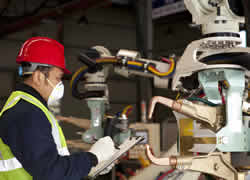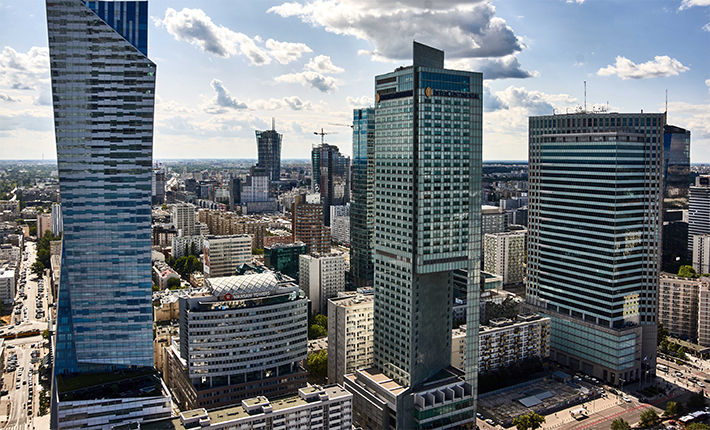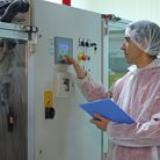
Industrial policy
Industrial policy refers to an intervention or government policy that attempts to improve the business environment or to alter the structure of economic activity towards sectors, technologies or tasks. Such interventions are expected to offer better prospects for economic growth or societal welfare.
European industry is facing major challenges in a changing industrial landscape. The future of the industry relies on its ability to adapt and innovate over time. This means investing in new technologies and embracing changes resulting from the rise in digitisation and the move towards a low-carbon and circular economy.











